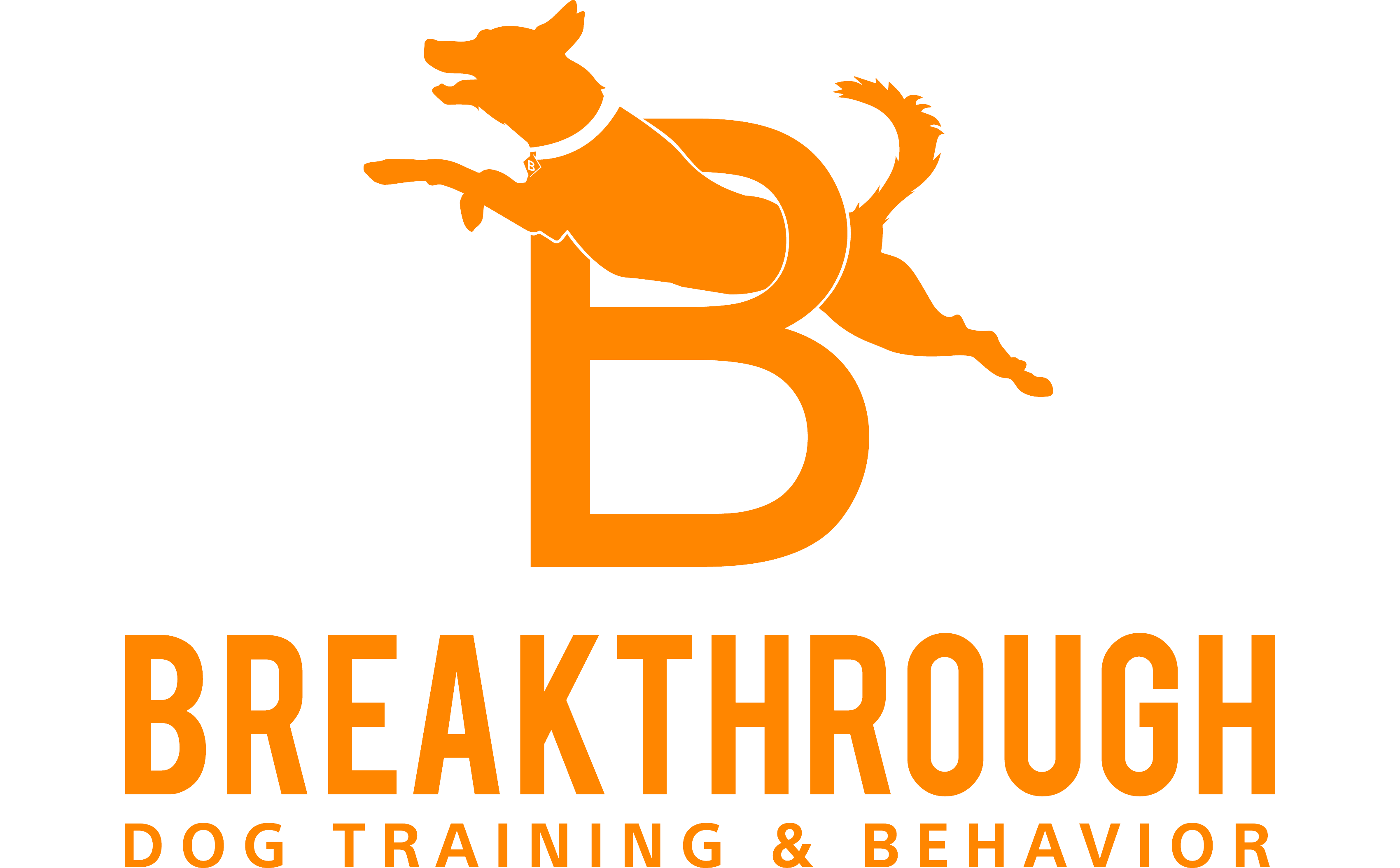As a dog trainer in Richardson, TX, I understand the importance of maintaining a dog’s overall health and well-being. While a balanced diet is essential, certain vitamins and supplements can complement a dog’s nutrition and promote their health. Here are some vitamins and supplements that can be beneficial for dogs:
1. Omega-3 Fatty Acids
– Benefits: Omega-3s are known for their anti-inflammatory properties and can help improve skin health, coat condition, joint health, and may even support cognitive function.
– Sources: Fish oil or algal oil supplements.
2. Glucosamine and Chondroitin
– Benefits: These supplements can support joint health and mobility, particularly in older dogs or breeds prone to joint problems like hip dysplasia.
– Sources: Often found in joint support formulations.
3. Probiotics
– Benefits: Probiotics can promote a healthy gut microbiome, aid digestion, and support the immune system. They can be especially useful after antibiotic treatment or for dogs with sensitive stomachs.
– Sources: Available in powder, capsule, or chewable forms.
4. Multivitamins
– Benefits: Comprehensive multivitamins can help fill nutritional gaps in a dog’s diet, especially if they are on a homemade or limited-ingredient diet.
– Sources: Choose a high-quality, veterinarian-recommended multivitamin.
5. Vitamin E
– Benefits: As an antioxidant, Vitamin E can support skin health and the immune system. It’s particularly beneficial for dogs with skin issues or allergies.
– Sources: Can be found in some dog food formulas or supplement forms.
6. Vitamin C
– Benefits: While dogs can synthesize Vitamin C, additional supplementation can support immune function and help reduce inflammation.
– Sources: Found in some fruits and can also be taken as a supplement.
7. B Vitamins
– Benefits: B vitamins contribute to energy metabolism and can support skin and coat health, as well as nervous system function.
– Sources: Some dog food contains added B vitamins, or they can be found in supplement form.
8. Calcium and Phosphorus
– Benefits: Essential for bone health, especially in growing puppies or pregnant/lactating females. However, be cautious with supplementation, as excess can lead to health issues.
– Sources: Found in many commercial dog foods, but supplements are also available.
9. Digestive Enzymes
– Benefits: These can aid in the digestion of food, leading to better nutrient absorption. They can be particularly helpful for older dogs or those with digestive issues.
– Sources: Available as supplements.
Considerations:
– Consult Your Veterinarian: Always consult with a veterinarian before starting any new supplements. They can recommend the appropriate dosages and forms based on your dog’s specific needs, age, and health conditions.
– Quality Matters: Choose high-quality supplements from reputable brands. Look for products that have been third-party tested for purity and efficacy.
– Monitor Your Dog: Keep an eye on your dog after introducing any new supplement. Look for signs of positive effects as well as any adverse reactions.
Incorporating the right vitamins and supplements can help enhance your dog’s quality of life and well-being. It’s also vital to maintain regular veterinary check-ups to keep your dog’s health on track.
